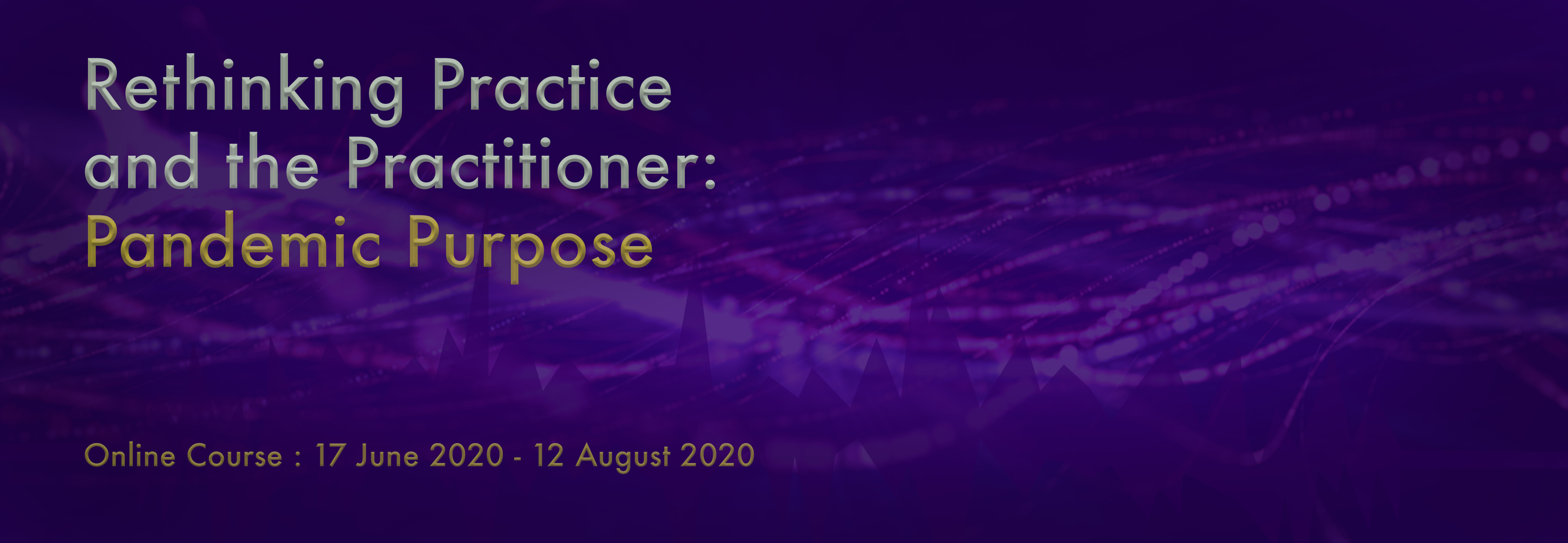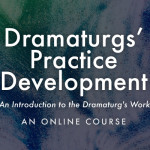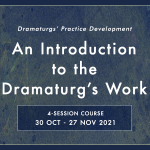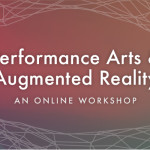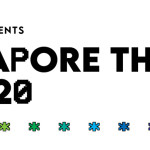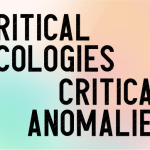Highlights from nine weekly sessions of Rethinking Practice and the Practitioner: Pandemic Purpose.
In this time of COVID-19 when performing arts across the world is disrupted, where artistic production and live performance as we know it is in question, it is important to find ways to (re)look at practices in order to (re)orientate as practitioners in a mid to post-COVID-19 world.
This 9-week course will invite participants to further develop their critical questioning and reflecting skills, as well as to seek out how to better approach critique as care. Crucially, throughout the course, the participants will be encouraged to collectively reflect on their experiences, so that they are not just learning, but also building more and/or stronger connections with each other, contributing towards an ecology of independent practitioners and future communities of practice.
Suitable for independent/freelance performing arts practitioners who have been working professionally for at least 1-3 years. We welcome a diverse mix of participants across different performing arts fields with a professional practice of their own. Due to the intimate nature of the course environment and structure, the group size is capped at only 12 participants. Interested practitioners will have to apply through an open call (see below for application details).
Selected participants will:
- Attend a weekly 2-hour online session, facilitated by Chong Gua Khee, Corrie Tan and Charlene Rajendran. The total online contact time with facilitators is 18 hours;
- Begin the course in a large group (12pax), then split into two groups to attend the Labs, and reconvene at mid points and at the end of the course. (Note that each Lab will be run twice to accommodate the attendance of both groups);
- Be expected to spend an additional 4 – 5 hours outside of the course for preparatory and thinking work.
Browse the following tabs for more details:
| Week | Dates | Activities | |
| 1 | 17 June, Wed 3pm – 5pm |
SESSION 1: Context-setting with Chong Gua Khee, supported by Corrie Tan |
|
| 2 | 24 June, Wed 3pm – 5pm |
LAB 1 by Charlene Rajendran – Participants split into 2 Groups (6pax) – Group Yellow joins this Lab |
LAB 2 by Corrie Tan – Participants split into 2 Groups (6pax) – Group Green joins this Lab |
| 3 | 1 July, Wed 3pm – 5pm |
||
| 4 | 8 July, Wed 3pm – 5pm |
||
| 5 | 15 July, Wed 3pm – 5pm |
SESSION 2: Mid-point check-ins with Chong Gua Khee and Corrie Tan |
|
| 6 | 22 July, Wed 3pm – 5pm |
LAB 1 (repeat) by Charlene Rajendran – Group Green joins this Lab |
LAB 2 (repeat) by Corrie Tan – Group Yellow joins this Lab |
| 7 | 29 July, Wed 3pm – 5pm |
||
| 8 | 5 Aug, Wed 3pm – 5pm |
||
| 9 | 12 Aug, Wed 3pm – 5pm |
SESSION 3: Closing reflection with Chong Gua Khee, supported by Corrie Tan |
|
SESSIONS: HOLDING SPACE
Facilitated by Chong Gua Khee and supported by Corrie Tan
2-hour weekly sessions (week 1, 5, 9)
What does it mean to hold space for ourselves and other fellow practitioners? In the midst of Covid-19 when most of us can only connect with others via the mediations of technology, this question seems more crucial than ever. As we grapple with the relentless developments in the world around us, what kinds of structures or routines are we setting up (or not) to ground our connections and conversations? What kinds of interventions can we dream up to support ourselves and others in our practice?
On one level, these sessions are intended to provide a thread by which participants can engage with one another to collectively reflect on their experience of this series – what did the labs bring up for different people, and what nuances and complexities emerge in the light of various diverse interpretations?
On another level, these sessions also embody a specific conversational framework that participants can draw from in the future. Specifically, through experiencing it themselves during the sessions and also through trialling it with others in ‘assignments’, participants should be comfortable using the framework directly and/or understand how to modify this basic framework to address specific needs.
LAB 1: CRITICAL QUESTIONING AND REFLECTING: WHAT MAKES SENSE?
By Charlene Rajendran
2-hour weekly sessions, over 3 consecutive weeks
The group(s) meet online to dialogue the following and develop certain frames/paradigms for thinking dramaturgically about developing an arts practice and the practitioner.
This Lab component of the course will engage participants in developing critical questioning and reflecting skills that pertain to the identity of the practitioner and the value of practice. This will be done in relation to aspects of performance – developing, making and/or viewing – depending on the profile of the participants.
The aim is to identify particular qualities and sensibilities about work being created and approaches being developed by individual participants, that lead to questions about how to frame these choices and articulate their purpose. This is geared towards helping practitioners understand and interrogate their ethos and rethink the norms or habits that prevail.
The approach is based on looking closely at questions and articulations, to reflect on what they reveal through a dialogic and reflective process. Participants will draw from their experience as well as aspiration, and consider suitable points of focus to engage with and critically examine.
The Lab sessions will draw from the participants’ own work as practitioners in the arts, and the need to sharpen capacities to look at one’s own body of work in order to question its underlying principles and potential, and then reflect on responses to what is presented.
Participants will need to:
- Prepare short statements and explanations of what the specific focus of their work is and then listen to responses and questions that arise;
- Study other artists/practitioners and consider how to frame and articulate their work and ethos;
- Hear other presentations and develop constructive questions and reflect on what this leads to;
- Watch online performances and read related scripts/texts and then prepare questions in relation to these productions. These questions will then be analysed and reflected on collaboratively – as frames for thinking about how to interrogate and dig into the work of sensing and understanding performance – in relation to the artists examined where possible.
The dialogue arising from the above will then generate ways of reviewing the kinds of questions that lead to deeper understanding and reflection, and the capacity to listen and watch that develops ways of doing this.
LAB 2: CRITIQUE AS CARE
By Corrie Tan
2-hour weekly sessions, over 3 consecutive weeks
Drawing from Eve Kosofsky Sedgwick’s “Paranoid Reading and Reparative Reading” (2003), what does it mean to write reparatively about the pathologized and biopolitical world we move through today – especially when it comes to the suspension of live performance, the intimacy of our bodies with others, and the joy and vitality of assembly?
The first part of this Lab will encourage participants to map out a new set of critical vocabularies for critique in a pandemic age – what to bring along with us and what to leave behind, or to perhaps be revisited. Which aspects of criticism/the critic are renewed in this context, and which may be less relevant to our ecology? What new functions and roles can we draw out when it comes to witnessing/engaging and archiving/documenting?
The second part of the Lab will either involve watching a performance together (if restrictions are lifted) or having an online watch party together. The group(s) will come together to workshop each other’s responses and see how their approach to critique has shifted or developed.
Other readings:
- Katrina Stuart Santiago’s “From dream to dystopia: the cultural critic in the age of pandemic”
- Alice Saville’s “The Paradoxes of Trying to Make Art in a Pandemic”
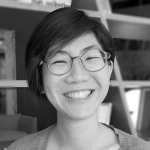
CHONG GUA KHEE, an independent theatre director and performance-maker in Singapore. She also takes on facilitation and dramaturgical work that spans disciplines such as dance and visual arts.
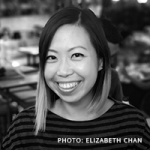
CORRIE TAN, a writer and practitioner-researcher who is committed to radical shifts in performance criticism. Corrie is also a doctoral student in Theatre Studies on the joint PhD programme between the National University of Singapore and King’s College London.
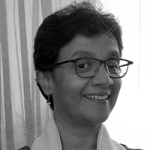
CHARLENE RAJENDRAN, a theatre educator, researcher and practitioner who works at the National Institute of Education, Nanyang Technological University, Singapore.
OPEN CALL
– Application Period: 29 May to 8 June 2020 –
To qualify for this course, you must:
- Be aged between 18 and 35 years old.
- Be a Singapore Citizen, Permanent Resident, or Resident in Singapore.
- Be confident in both written and spoken English.
- Have a practice in the performing arts, min 1 – 3 years.
- Commit to the full duration of the programme: Every Wednesday, 3:00pm – 5:00pm (SGT); 17 June 2020 – 12 August 2020
To apply:
- Download the Application Form and fill it in.
- E-mail the completed form to info@centre42.sg, and state “Application for Pandemic Purpose course” in your subject title.
- Application period will close on Monday, 8 June 2020, 11.59PM (SGT).
- Results will be announced on 13 June 2020.
No fees are required for registration or participation.
Selected participants can also apply for the National Arts Council’s Capability Development Scheme for the Arts (CDSA), which can provide an absentee payroll or training allowance of $10/hour. More information is available via the webpage at nac.gov.sg/cdsa.
This course is developed with support from the Asian Dramaturgs’ Network.

